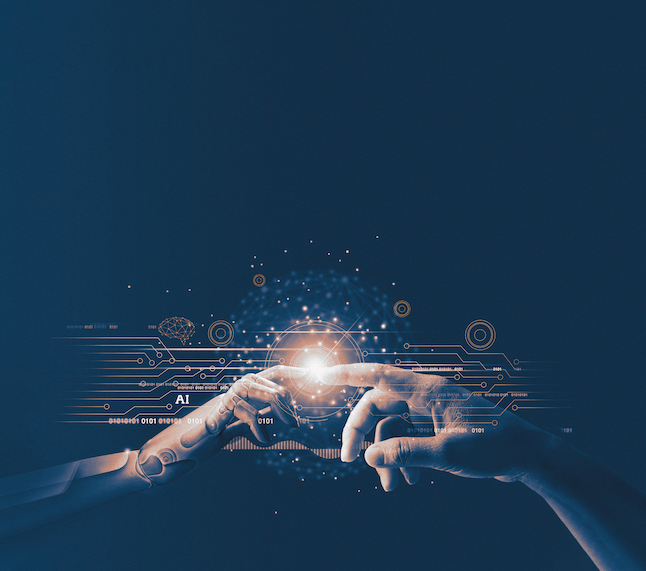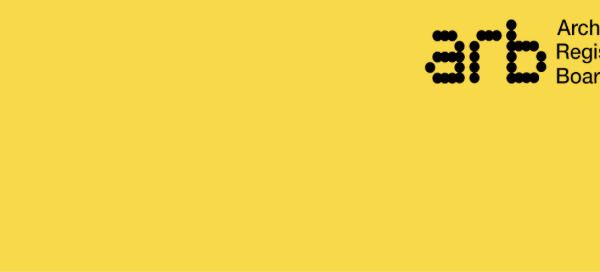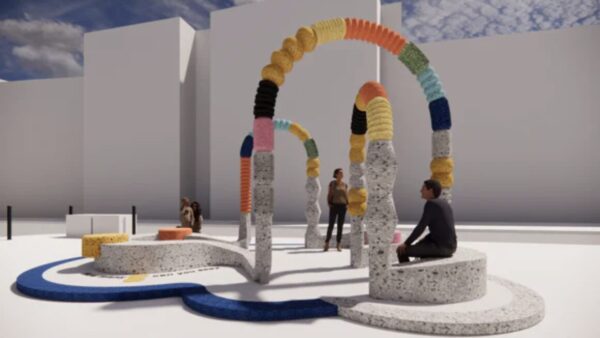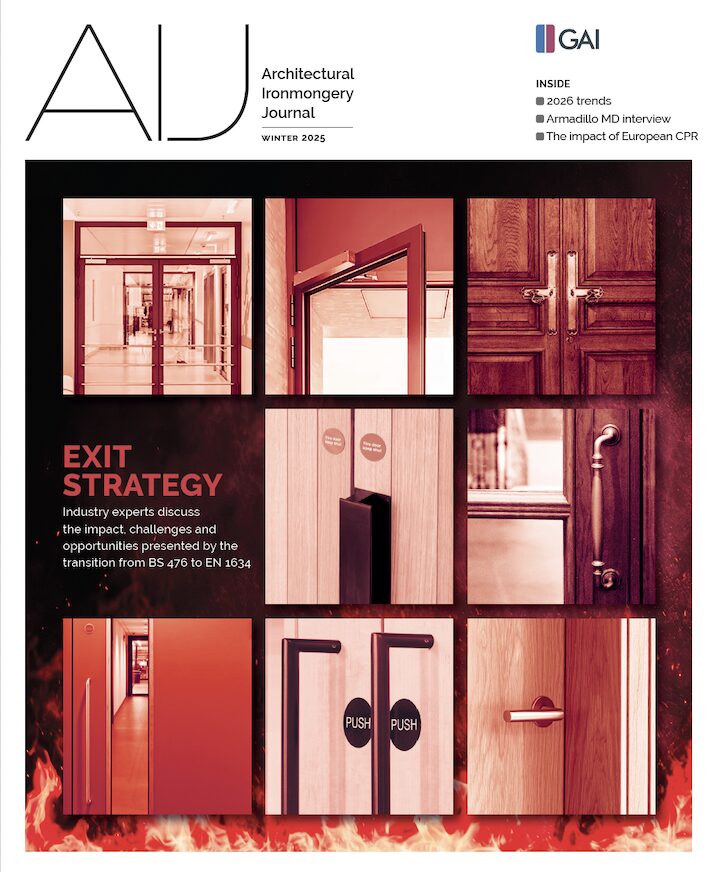
Leading arhitects have opposed government plans to allow artificial intelligence companies to train their models on copyrighted work without consent.
A letter signed by 38 big names in the industry accuses technology secretary Peter Kyle of "running roughshod over one of our most productive and precious sectors".
The government’s proposal, set out in a consultation last month, involves exempting AI companies from intellectual property laws so they can train their algorithms on copyrighted works, including art, music, novels and films – unless the copyright holder opts out.
This would then allow AI applications like ChatGPT and Midjourney to generate new text, music and images using the contents of this copyrighted work.
The proposal has already prompted fierce criticism from the worlds of publishing, music, film, TV and the performing arts, with leading creative figures including Sir Paul McCartney, Richard Osman and Kate Bush voicing their opposition.
The letter’s signatories include some of the biggest names in British product and furniture design, including Sebastian Conran, Jasper Morrison, Tomoko Azumi and Tom Dixon. They ask Kyle to protect a sector that has “contributed significantly to the nation’s wealth, to the nation’s reputation, to inward investment and to global trade”.
The letter highlights British achievements in design, from the red phone box and the London underground map to the Mini Cooper and the Apple iPhone. The latter was designed by the London-born Sir Jony Ive. The signatories describe themselves as “designers in the built world” who imagine and create environments and products that decorate homes and commercial public spaces around the world.
The government is shying away from “demanding that AI companies observe the law and our copyright so that we can determine when and on what basis we share our imagination and hard work”, the letter says.
“Just like the music sector, we rely on a mix of copyright and IP and patents. Interconnected and progressive, these copyright systems allow us to imagine and build the world around us.”
The government’s proposal, issued in a consultation that closed last month, is to give AI companies access to creative work unless the copyright holders opt out of the process. The proposal also includes measures requiring AI developers to state what content they have used to train their models.
Generative AI models, the term for technology that underpins powerful tools such as the ChatGPT chatbot and the image generator Midjourney, are trained on a vast amount of data to generate highly realistic responses. The main source for this material is on the open web.
Many of the signatories already work with AI themselves and are quick to point out that they are not opposing the technology as a whole but state that they should serve as tools to the creative process not strip it of authorship and value.








